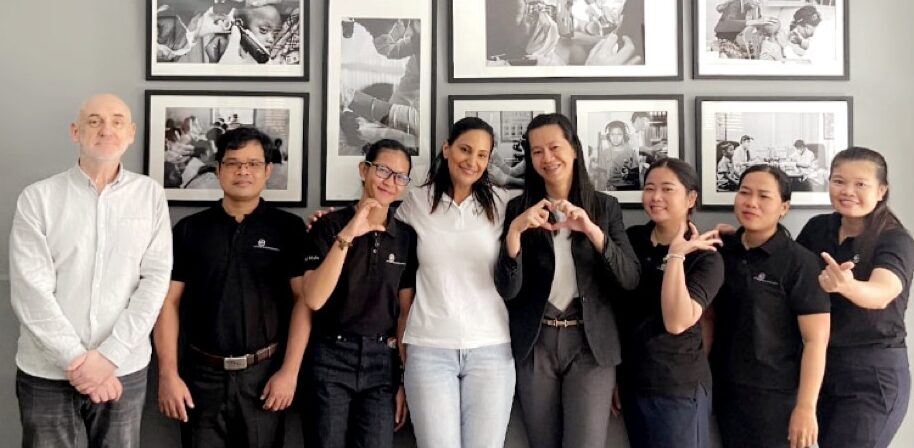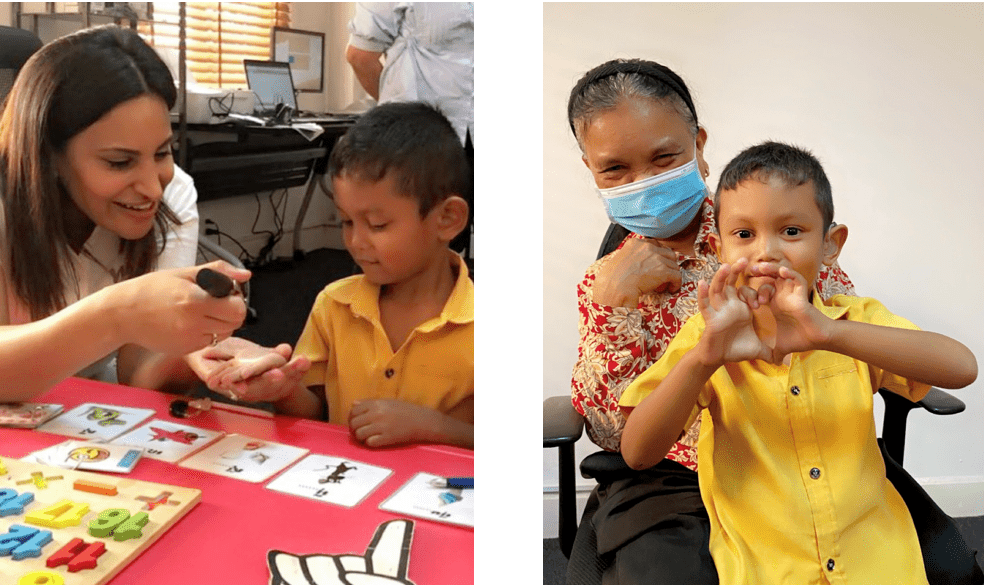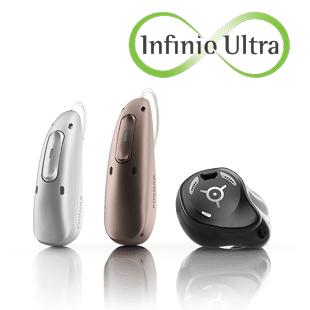
Building sustainable access to speech and hearing care
Access to hearing and speech care remains out of reach for many. A recent experience in Cambodia highlights why global collaboration and training matter.
For those of us blessed with hearing within normal limits, it’s easy to take speech and hearing for granted.
In high-income countries like the United States, Australia, the United Kingdom, Germany, and the Netherlands, support is usually within reach. If we experience communication challenges related to hearing or speech and language development, trained specialists are readily available. Often, services are not only accessible but also publicly funded or subsidized.
But what about individuals who live in areas where access to hearing care or speech pathology is limited—or unavailable altogether? Where the nearest specialist may be hours or even days away? Where families simply cannot afford the services they need?
This is the reality many people face in low-resource settings. I witnessed it firsthand during a recent visit to Cambodia, where I volunteered with the Hear the World Foundation as a fitting trainer at All Ears Cambodia.
Facing the challenge in Cambodia
Two million Cambodians live with disabling hearing loss. Yet fewer than 1% have access to hearing aids.¹ The greatest barrier is cost—85% of those in need live in extreme poverty. Without intervention, the consequences are far-reaching. When individuals cannot hear, speak, or communicate effectively, their ability to participate in education, employment, and society is severely limited—perpetuating the cycle of poverty.
A collaborative response: Hear the World Foundation and All Ears Cambodia
In response, Hear the World Foundation, in partnership with All Ears Cambodia, is working to expand audiology services for children across northern, eastern, and central Cambodia. The project includes:
- Early hearing screenings and auditory-verbal therapy
- Prevention campaigns focused on ear health, safe listening, and hearing conservation
- Ongoing training and professional development for local hearing care staff²
My own contribution as a volunteer for Hear the World focused on training local professionals in best practices for fitting and rehabilitating newborns and infants with hearing loss. This work is essential to ensuring long-term access to quality hearing care. By equipping local hearing care providers with the necessary skills and knowledge, we help build a sustainable model that continues long after international volunteers depart.

Why sustainable training matters
During my time working with All Ears Cambodia, I saw firsthand the dedication of local audiology teams. Despite limited resources, they work tirelessly to deliver life-changing services. Through hands-on training and mentorship, we supported their development in hearing aid fitting, diagnostics, and patient counselling—skills that directly improve care for children and adults alike.
The impact is profound. A child who receives early intervention and appropriate hearing aids can access education, connect with peers, and build a brighter future. An adult who regains hearing can return to work, support their family, and rejoin their community.
Looking ahead: Our collective responsibility
There is still much work to be done. Raising awareness, expanding funding, and fostering global collaboration remain critical if we are to ensure no one is left behind due to hearing loss.
As professionals, we have a responsibility to advocate for equal access to care, support organizations like Hear the World Foundation, and contribute however we can—through volunteering, fundraising, or spreading awareness.
Better speech, language, and hearing should not be a privilege. By working together, we can break the cycle of hearing loss-related poverty and ensure that everyone, regardless of where they are born, has the opportunity to hear, communicate, and thrive.
Want to learn more about how hearing care is making a difference around the world?
Visit hear-the-world.com to explore the Hear the World Foundation and the impactful projects they support.
References
- Campbell, A. (2021). The unfortunate truth. Neuaudio – Hearing and Brain Health. https://neuaudio.com.au/all-ears-cambodia/. Retrieved 25th March, 2025.
- Hear the World Foundation. (n.d). All Ears Cambodia. https://www.hear-the-world.com/project/all-ears-cambodia/. Retrieved 25th March, 2025.
